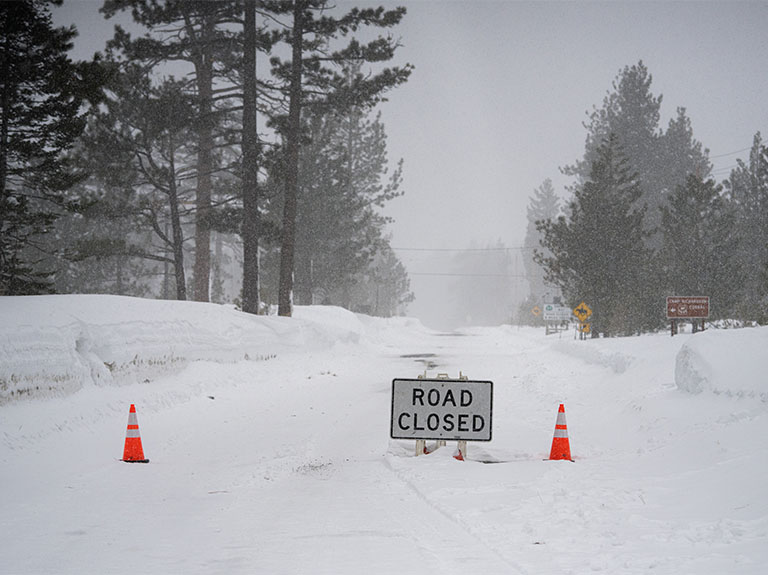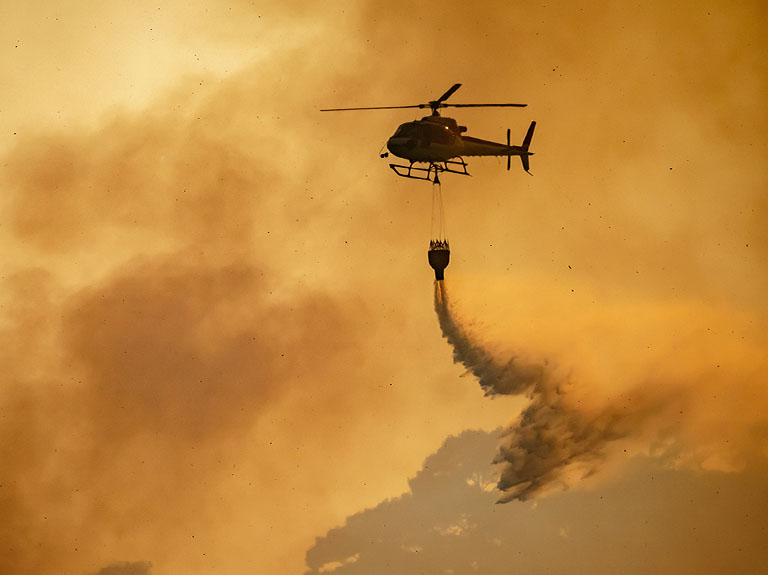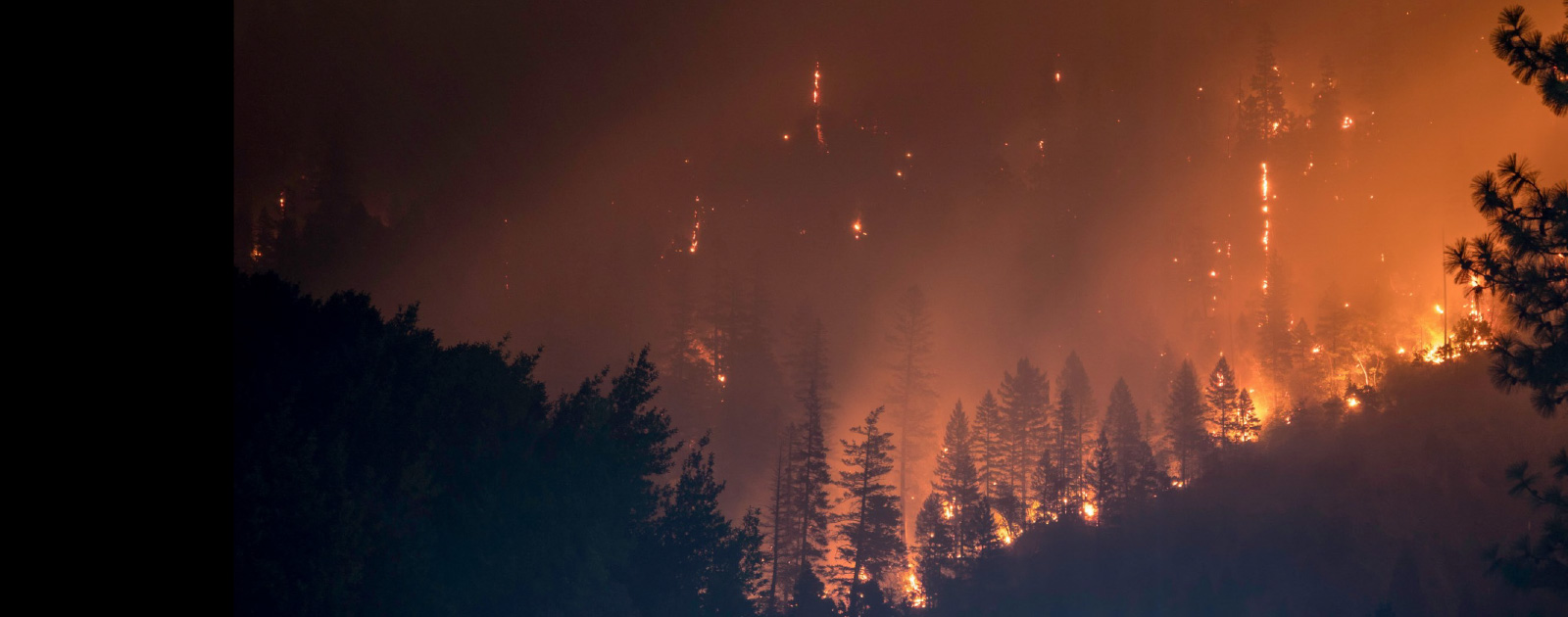Con uno de los programas de recuperación de desastres más grandes y más avanzados del mundo, vamos hacia el peligro y los desastres y transformamos los minutos en segundos en casos de emergencia. Confiamos en el poder del coraje y la determinación, en el espíritu de servicio y en la capacidad para hacer un mundo mejor a través de la tecnología.
Con experiencia y preparados para responder
AT&T Responds to Winter Storm Cora
AT&T Providing Relief to Those Affected by California Fires
De qué manera estamos ayudando
Recuperación de las redes ante desastres
Las comunicaciones son esenciales antes, durante y luego de cualquier evento. En otras palabras, tenemos experiencia; constantemente perfeccionamos el proceso y estamos preparados para responder a una notificación en el momento.
FirstNet: respaldamos la seguridad pública
FirstNet es la plataforma nacional de comunicaciones móviles dedicada al personal de emergencias y la comunidad de seguridad pública de los EE. UU.
Te ayudamos a planificar con antelación
Estar preparados es clave. Planificar con antelación y saber qué medidas tomar antes de estar en medio de una catástrofe te brindará más tiempo para enfocarte en las cosas importantes cuando ocurre una catástrofe.
Obtén ayuda
Perder el servicio durante una catástrofe no solo puede ser frustrante, sino también aterrador. Nuestra prioridad es mantenerte informado de las interrupciones de servicio y ayudarte a solucionar los problemas que puedas tener con nuestra red.



